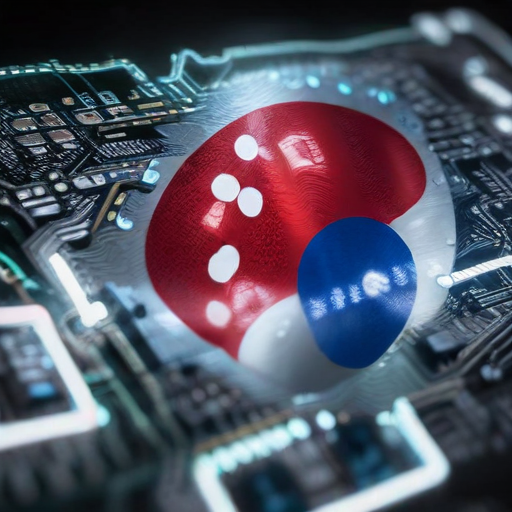Bank of America analysts have highlighted South Korea’s unique position in the global economy, noting that the nation is currently experiencing a productivity increase from artificial intelligence (AI) technology. However, they also caution that rising tensions between the United States and China regarding semiconductor technology could pose challenges to South Korea’s economic growth.
According to a recent report from Bank of America Global Research, the semiconductor sector constitutes 17% of South Korea’s total exports, and the nation has gained significantly from the AI wave, reflected in a notable 50% increase in exports over the past year. The report asserts that South Korea’s substantial investment in AI research and development, paired with an increasing volume of AI-related patents, is likely to solidify its leadership in AI technology adoption in the long term.
Despite these promising developments, analysts express concern about potential geopolitical issues that could impact the semiconductor supply chain, particularly due to the escalating U.S.-China tensions. Although South Korea has begun diverting its chip exports away from China to other regions, more than 30% of its chip exports were still destined for China and Hong Kong in 2023. The report warns that if tensions escalate further and the U.S. enacts more stringent trade restrictions on advanced or AI-related chip exports to China, this could significantly hinder South Korea’s memory chip export capabilities.
Additionally, South Korean chip manufacturers rely on China for certain components and equipment essential for chip production. If geopolitical tensions disrupt the supply chain, it would complicate South Korean firms’ access to the necessary tools for semiconductor production. Furthermore, the U.S. has reportedly urged South Korea to limit its exports to China of specific chipmaking tools and technology, which could impact major companies like Samsung and SK Hynix that have operations in China, South Korea’s largest trading partner.
In response to this evolving landscape, the Biden administration is reportedly contemplating the use of an export control method known as the foreign direct product rule, which seeks to restrict the sale of goods to countries using a specified share of U.S. intellectual property.
This situation underscores the complex interplay between technological advancement and geopolitical stability. South Korea’s strides in AI adoption highlight its innovative potential, but the dependence on a global supply chain and heightened geopolitical tensions remind us that economic growth may often face obstacles from the international landscape. Nevertheless, with continued investment in AI and strategic adaptations to global trade dynamics, South Korea has the potential to navigate these challenges and emerge resiliently in the tech-driven economy of the future.
